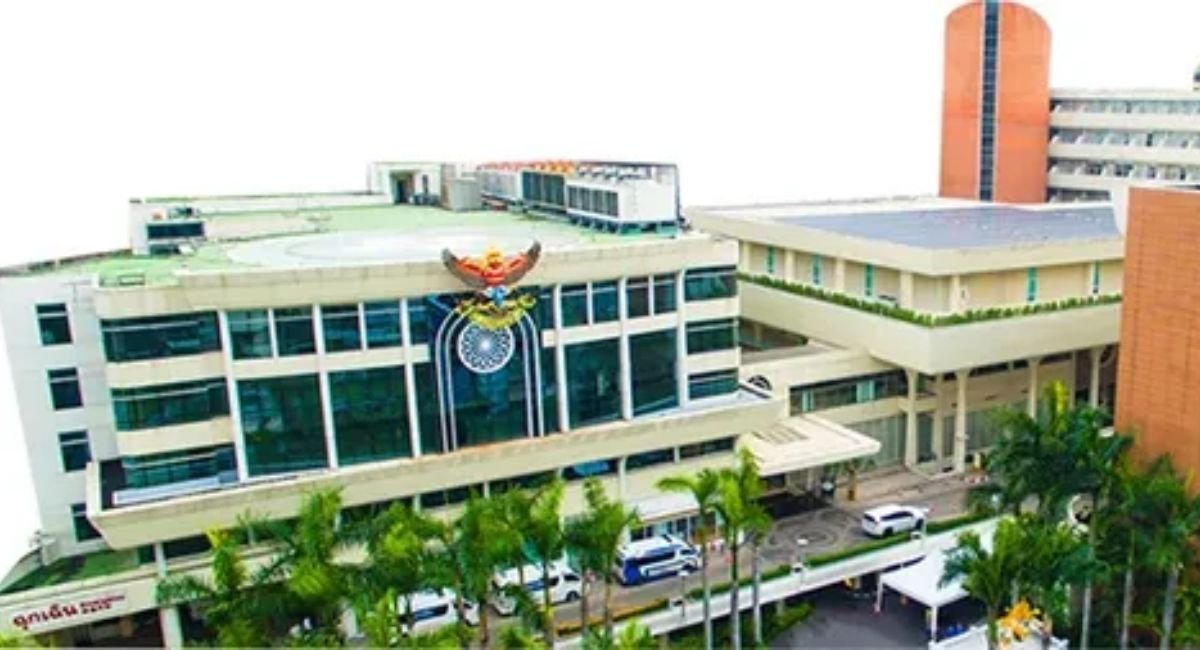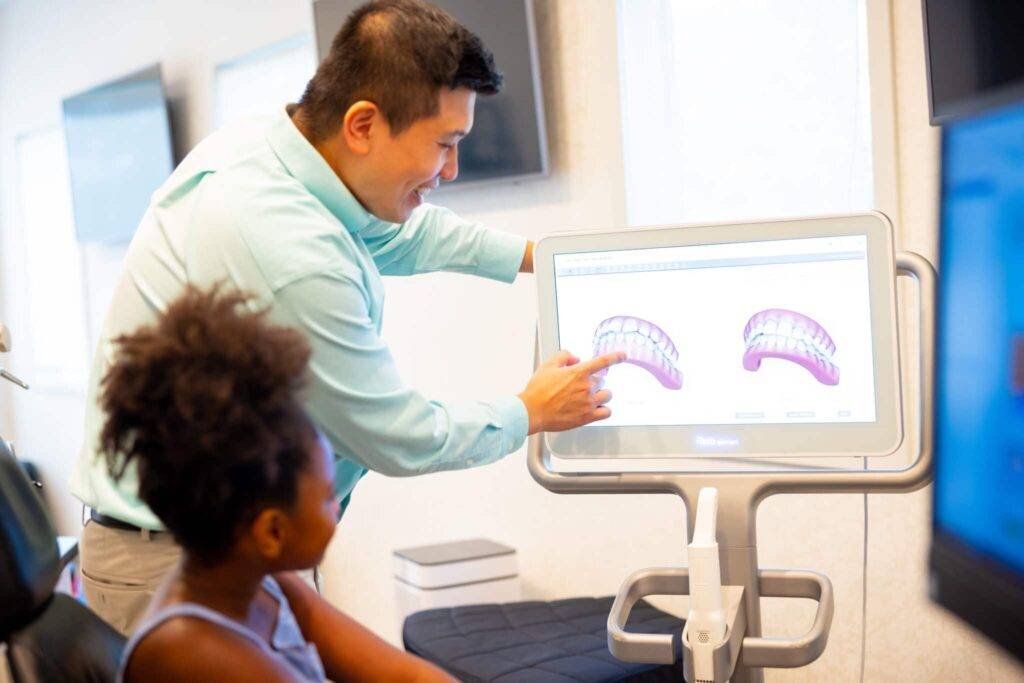Introduction
Today the word ‘allergy’ is common parlance, with its definition coming from the ancient Greek work meaning ‘panting.’ But allergies are not a new phenomenon, documented evidence reveal asthmatic symptoms in people as far back as the in the times of ancient China, Rome, and Greece.
In was in 1905 when Austrian pediatrician Clemens von Pirquet was monitoring patients being vaccinated for smallpox. He noticed in some patients a sever reaction to the second vaccination of the two-stage process. Piquet quickly deduced that the patient’s body’s immune systems were producing antibodies to fight the antigens in the smallpox serum. Following this, in 1906 he coined the word allergy.
Today we understand the study of allergic reactions to be a complex one. From IgE, sensitization to foreign proteins in the environment, to food allergies, the subject seems to be ever expanding. Studies have shown that up to 40% of the global population have a sensitization to IgE. Additionally, although data is vague, it is thought that up to 11% of the world’s population may be afflicted with food allergies.
There are numerous theories why allergies are on the increase. It is likely that not one theory is correct, more likely the increase can be attributed to a combination of factors from the various theories. Environmental changes, dietary habits, hygiene habits and vitamin D deficiency are all likely contributary factors. Although we are not born with allergies, a genetical predisposition towards allergies is possible.
Allergy Specialty Centers
With the increase of people being afflicted with allergies, it goes that there has been an increase in specialist centers to cater for those seeking relief from their affliction. So, it would appear that, for people with allergies, there is now more access to appropriate diagnostics and treatment.
However, as a word of caution, there are many facilities that purport to be specialist centers but can be found wanting in the ‘specialist’ area of diagnostics and subsequent treatment. For those seeking relief from their allergies, it is vital that they should go attend a clinic with a proven record in the diagnostics and treatment of allergies, and which is staffed by highly qualified medical practitioners with experience of this extremely complex area of medical science.
Samitivej Hospital’s Allergy Center
Samitivej Hospital has a worldwide reputation within the medical profession. Its specialist centers and clinics across the whole spectrum of medical care are renowned for their skills, patient care, and medical professionalism. Their Allergy Center in Bangkok is no exception.
The Allergy Center is a modern, client friendly facility that employs only highly qualified doctors, nurses, and backup staff. The team combines modern technology, testing and treatment techniques, with known medical facts and data, to provide the most accurate diagnostics and relief across the whole spectrum of allergies and their reactions.
Allergy Testing and Treatment
At the Allergy Center an initial consultation with a specialist doctor will be undertaken to gleam pertinent information vital to the successful diagnosis and treatment of any and all allergic tendencies. The importance of this information cannot be understated.
Following the initial consultation, one, or a combination of, testing methods will be done. These include blood testing, immunotherapy, drug desensitization and allergy skin testing. It from the results of these tests that a personalized treatment plan can be devised.
Asthma and other respiratory conditions are very common due to allergic reactions. Asthmatics often find relief from prescribed corticosteroids which reduce an allergy induced inflammation of the airways. Bronchodilators also help to widen the airways which results in easier breathing.
Many mild allergic reactions, such as blotching or itchy skin, watery eyes and a runny nose can be relieved with antihistamines. Following diagnosis, the Allergy Center are able to prescribe the appropriate antihistamines for each individual based on their particular medical circumstances.
Food allergies are very complex, many mild allergic reactions to certain foods can be treated with prescribed antihistamines or corticosteroids. In more severe cases, which can be life threatening, a sufferer may experience anaphylaxis. This is when there is a whole-body reaction to a substance to which the body has an allergy.
In these cases, the physicians will prescribe the appropriate epinephrine product. Epinephrine is a naturally created hormone that the body releases through the adrenal gland. The body does this as a response to the neurotransmitter noradrenaline, most often simply called adrenalin. The release of epinephrine aids the body in helping to stave off potentially fatal heart attacks.
Typical examples of these epinephrine products are EpiPen and Auvi-Q and are carried by the individual that suffers from severe food allergy. These can be self-administered or be administered by another person. The epinephrine product is pushed against the upper thigh and the auto inject button is pressed and held in that position for 3 seconds.
For those that have an allergic reaction to bites and stings from insects, such as wasps and bees, the correct antihistamines will be prescribed by the center’s physicians. However, as for those with severe food allergies, anyone with a severe allergic reaction to insect stings and bites will be advised to carry the appropriate, prescribed epinephrine product at all times.
Many people have an allergy to a particular drug, or drugs, and reports of allergic reactions are common, the most reported medication allergic reaction is to penicillin. Treatments may include prescribed antihistamines which will relieve symptoms like rashes, itching and hives. For breathing issues bronchodilators can be used to reduce asthma like reactions.
Additionally, corticosteroids may be the appropriate treatment. These can be taken orally or may be administered intravenously. Appropriate oral medication, tablets, or liquids are efficient at combating severe drug allergy reactions. However, prolonged usage can lead to other health issues, including an increase in blood pressure.
Intravenous treatment, or injections, Will be administered at the Allergy Clinic and are steroid based medications which typically last from 3 weeks to 3 months. This form of medication can also have side effects. Swelling, insomnia, and anxiety are commonly reported reactions to steroid injections.
Samitivej Hospital’s Allergy Center in Bangkok is an all-complete medical service for all people, with all allergies. The center’s reputation is global, and is now treating more and more foreign clients, both expats living in Thailand, and foreign visitors, in addition to the indigenous population.






















Leave a Reply